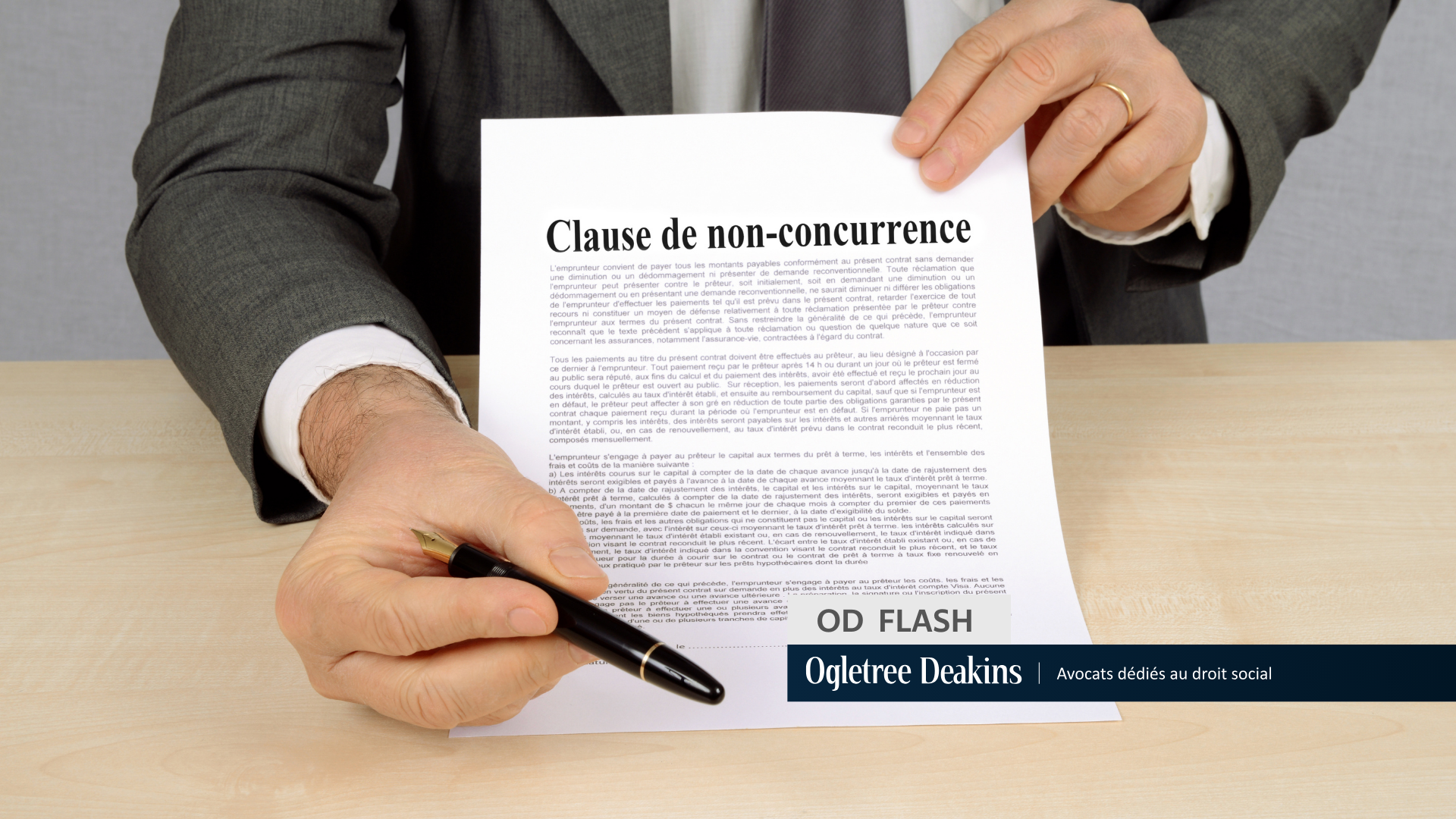French Supreme Court, Social Chamber, October 2, 2024, 23-12.844, Published in the Bulletin
The French Supreme Court has ruled on the duration statute of limitations and the starting point of the time limit for an employee to sue regarding a non-compete clause.
An employee, subject to a non-compete clause lasting three years, resigned effective February 26, 2015. The employee challenged the validity of both the non-compete and non-solicitation clauses included in his employment contract, as these clauses did not provide for financial compensation.
The employee requested a conciliation, which suspended the statute of limitations, from September 9, 2015, to March 9, 2016, which eventually failed. The employee filed a case with the Labor court on February 26, 2018, three years after the termination of his employment contract.
The employee submitted several claims related to the non-compete clause.
The claims were rules inadmissible as the statute of limitations had elapsed by the first degree Labor court and the Court of appeal. The employee then appealed to the French Supreme Court.
- Statute of limitations for claims of damages for an unlawful non-compete clause and for damages due to the non-respect of the clause and the infringement of freedom to work
As a reminder a non-compete clause is lawful provided it protects the employer’s legitimate business interests by limiting, for a specified duration and within a designated geographic area, the former employee’s ability to engage in professional activities with a competitor. In exchange, the employee must receive financial compensation.
A clause that does not meet these validity criteria may be annulled.
In this ruling, the French Supreme Court specifies that such a claim pertains to the performance of the employment contract, which is subject to a two-year statute of limitations from the day the party knew or should have known the facts enabling them to exercise their rights (Labor Code L. 1471-1). Although the non-compete clause is triggered by the termination of the employment contract, this claim is not governed by the statute of limitations for actions related to the termination of the contract, which is limited to one year.
However, the French Supreme Court adds that this two-year period starts from the implementation of the clause, meaning from the date of termination of the employment contract.
Thus, the French Supreme Court rejects the employee’s argument that the damages continued throughout the period of the disputed clause’s application, which would have postponed the starting point for the limitation period to the end of the clause’s enforcement.
Additionally, the employee argued that the non-payment of the non-compete clause caused separate compensable damage due to the illegitimate infringement of his freedom to work.
There again, the French Supreme Court clarifies that this action relates to the performance of the contract and is therefore subject to a two-year statute of limitations. The Court holds that the starting point of the limitation period for this action begins on the date when the employee was “no longer bound to comply with the non-compete clause.”
- Statute of limitations for claims for financial compensation related to the non-compete clause
Furthermore, since the employee did not receive the financial compensation provided for by the non-compete clause, he claimed that the labor court order their former employer to pay this compensation.
The French Supreme Court recalls that the financial compensation for the non-compete obligation constitutes a “salary compensation indemnity” and is therefore subject to the statute of limitations applicable to wages, which is three years from the day the employee knew or should have known the facts enabling them to exercise their claim (Labor Code L. 3245-1). The starting point for filing a claim corresponds to the date when the wages would have been due, following the usual salary payment dates in the company.
As a result, the French Supreme Court clarifies that amounts owed under an unpaid non-compete clause can be claimed within three years of each monthly payment due.



